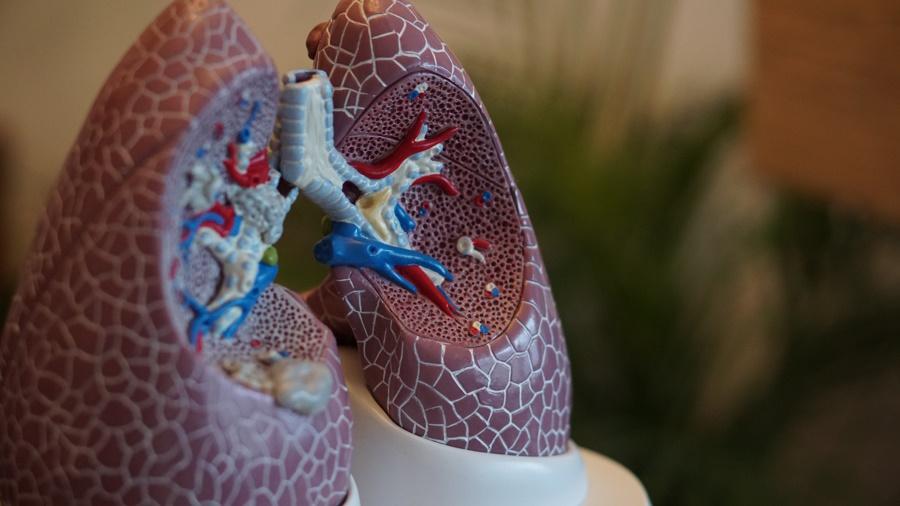Sanofi, Regeneron’s wager on Dupixent in COPD pays off

Sanofi and Regeneron acknowledged that testing their inflammatory disease blockbuster Dupixent in chronic obstructive pulmonary disease (COPD) was likely to be high-risk when they launched phase 3 trials – but it is one that appears to have paid off.
The first of those phase 3 trials has now reported preliminary results, with IL-4 and IL-3 inhibitor Dupixent (dupilumab) hitting the mark across the study’s primary and secondary endpoints, setting it on course to become the first biologic treatment for COPD.
The BOREAS study enrolled 939 adults who were current or former smokers in the 40 to 80 age bracket, with Dupixent or placebo added to their current COPD therapy.
Sanofi and Regeneron also stacked the deck in their favour by recruiting patients with elevated blood eosinophils, aiming to test Dupixent in a COPD population driven by type 2 inflammation – where the antibody has shown efficacy across an increasingly long list of clinical indications.
BOREAS had already passed a futility assessment back in 2020, which triggered the start of a second phase 3 COPD trial (NOTUS), due to generate results next year. The two companies have said, however, that they will start discussing filings with regulatory authorities straight away.
Results showed that the Dupixent group saw a 30% reduction in moderate or severe COPD exacerbations – episodes of rapidly worsening symptoms that cause substantial morbidity and mortality – compared to placebo over 52 weeks.
That satisfied the primary endpoint, but Dupixent also achieved improvements in lung function, quality of life and respiratory symptom scores in what looks like a comprehensive win for the antibody.
Already raking in $9 billion a year from indications like atopic dermatitis and severe asthma, there have been suggestions that COPD could be a $3 billion opportunity in its own right, driven by the massive burden of COPD, which affects millions of people worldwide and is the third leading cause of death.
It’s notable that other attempts to reposition anti-inflammatory biologics for COPD – including IL-5 inhibitors, like GSK’s Nucala (mepolizumab) and AstraZeneca’s Fasenra (benralizumab) – have failed to show convincing efficacy.
There is also some research showing that IL-13 inhibition may reduce scarring (fibrosis) in COPD – another hallmark of the disease – although, demonstrating that will likely require long-term patient follow-up.
“COPD is an urgent global health concern and a notoriously difficult-to-treat disease, due to its heterogeneity, with no novel treatments approved in more than a decade,” said Regeneron's chief scientific officer, George Yancopoulos.
“These results also validate the role type 2 inflammation plays in driving COPD in these patients, advancing the scientific community’s understanding of the underlying biology of this disease.”
Photo by Robina Weermeijer on Unsplash













